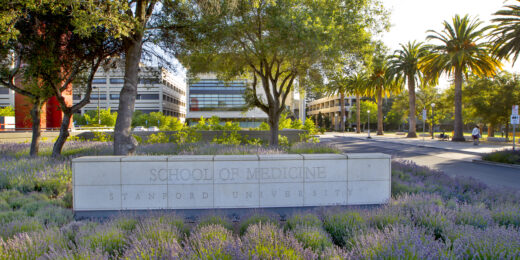In 1995, California became the first state in the country to enact laws protecting people from exposure to secondhand cigarette smoke in public spaces. Those …
Month: November 2017
Too high: Current blood pressure targets may not be low enough
In this fifth, final post in a series on high blood pressure, Randall Stafford, MD, PhD, explains target blood pressure guidelines.
In this fifth, final post in a series on high blood pressure, Randall Stafford, MD, PhD, explains target blood pressure guidelines.



